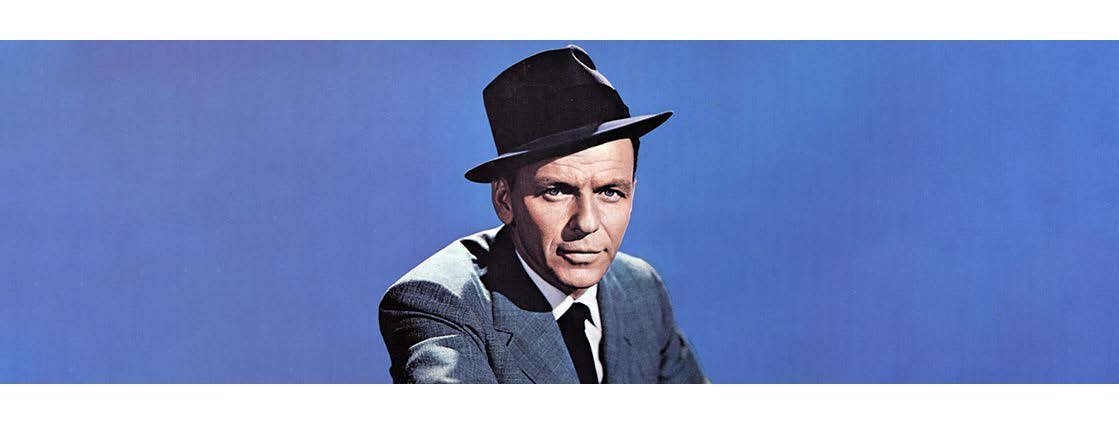Investor Minute
The Right Way to Think About Regret
“Regrets, I’ve had a few
But then again too few to mention”
This memorable lyric from the song “My Way,” famously crooned by Frank Sinatra, describes what many consider to be the ideal way to look back on your life. It essentially says that the successful individual rarely makes mistakes. And when they do, they don’t spend much time reflecting on them.
The possibility of living a life without regret seems ingrained in our culture. There are dozens of self-help books on how to achieve this, countless motivational quotes around this theme, and (quite ironically) several tattoo parlors with “no regrets” in their name.
However, as author and executive coach Dan Solin points out, regrets are not only unavoidable in a successful life, but reflection on them is the most effective way to learn from past mistakes.
Solin cites Anna Gotlib, an assistant professor of philosophy at Brooklyn College, who believes the idea that you can live without regrets is ridiculous. “To have no regrets,” she says, “you have to think that absolutely everything you’ve done and everything that happened to you is perfect just the way it is, or you just don’t have the perspective to see that it’s not.”
A regret is simply acknowledging that you could have done something differently to achieve a better outcome. We often have them around actions we’ve taken that did not give us the result we hoped for. Occasionally we regret saying something to another person because it didn’t come out the way we intended or wasn’t received in a way we expected.
Regret can be emotionally painful because we can see what we should have done differently, but have no way to go back in time and take that alternate action. It’s not surprising that people want to avoid this feeling.
On the other hand, obsessing over past mistakes as a form of self punishment is not healthy either.
According to Amy Summerville, a professor of social psychology at Miami University Ohio, regret is “something that signals to people that we’re learning from our experiences and that we’re going to make changes as a result.”
Like the pain that causes you to quickly remove your hand from a hot pan, regret is something to be thankful for. It shows us where we have something to learn.
When it comes to money and investing, people have many regrets. These are often about spending too much, not saving enough, and not starting to put money away for retirement soon enough. But the prudent investor knows that since you can’t change the past, the best thing is to change your behavior going forward and chalk it up as lessons learned.
Looking at what turned out to be the hottest commodity, investment sector or region in the rear view mirror shouldn’t produce regret for the prudent investor. Disciplined investing requires knowing you can’t possibly be in just the right stocks or funds at just the right time. Recognizing the prudence of intentional diversification should be what keeps you from regret.
An additional note on “My Way.” Frank Sinatra did not like the song or its message. And as he was obliged to sing it night after night, he grew to loathe it. One of his regrets, ironically it would seem, was having to pretend to be a person who didn’t think he had any regrets worth mentioning. Schedule a free call with us today by clicking on this link.


